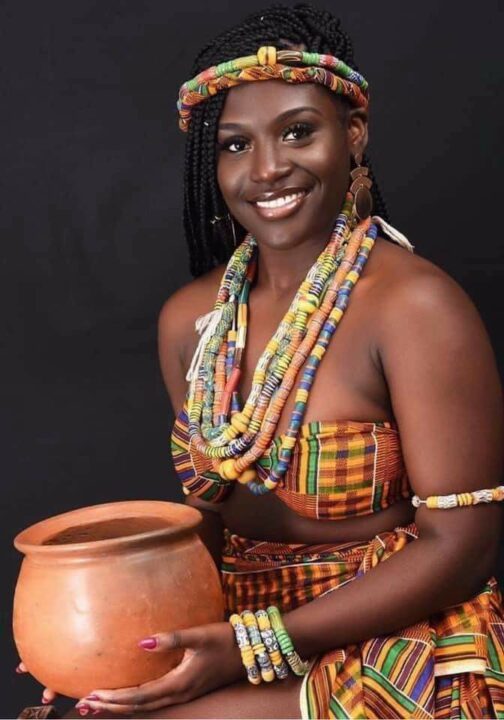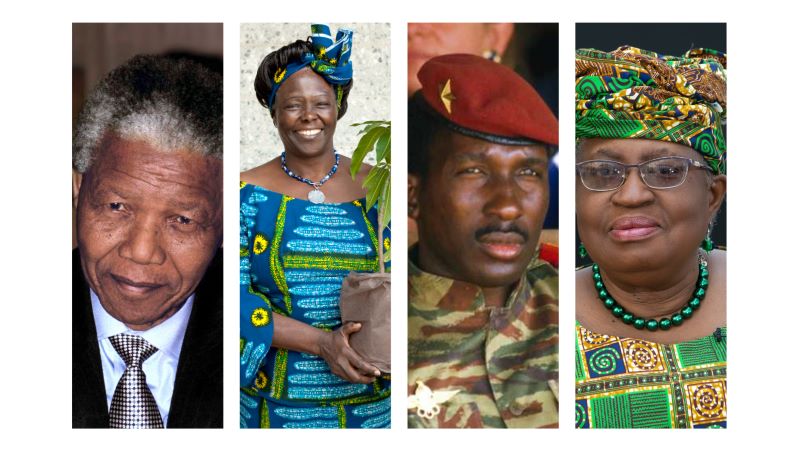Image Source: ResearchGate
In a world where Africa’s laudable achievements are met with doubts, it is only pertinent to overrule these doubts, and biases, and set the record straight. Outdated media narratives have since put Africa in a bad light, causing many harmful beliefs and misconceptions about Africa. This continent, which is rich in history, culture, and innovation has long been misunderstood and Some of these stereotypes include;
1. Africa Is a Country
This is one of the most persistent misconceptions about Africa. How can a vast, diverse, continent, made up of 54 independent nations, that are represented on the world map be considered just a single country? Each of these nations has its own unique cultures, languages, economies, and governments.
Africa is a continent with over 1.4 billion people, speaking more than 2,000 languages, and thriving in countless ways. From the bustling tech hubs of Lagos, Nigeria, to the ancient pyramids of Sudan, and the stunning safaris of Kenya, Africa is incredibly diverse.
Imagine lumping together the U.S., Brazil, China, and Germany as a single entity. That is how absurd it is to think of Africa as a country.
2. Africans Live in Huts and Jungles
Have you been to Johannesburg, South Africa? What would you say about its towering skyscrapers and bustling business districts? Or Nairobi, Kenya, a global hub for tech innovation, often referred to as “Silicon Savannah.” What about cities like Accra, Lagos, and Cairo, home to millions of people, modern infrastructure, and world-class universities?
Hollywood and outdated textbooks have painted Africa as a land of endless jungles and primitive villages, but this is far from reality. While traditional villages do exist, Africa is home to some of the world’s fastest-growing cities.

Johannesburg, South Africa, Evan Bench, CC BY 2.0 https://creativecommons.org/licenses/by/2.0, via Wikimedia Commons
3. Africa Is Poor and Dependent on Aid
While some African countries face economic challenges, the narrative that Africa is defined by poverty is misleading. Africa is rich in resources, and economic potential, and does not rely solely on foreign aid.
Nigeria is rich in natural resources, and Ethiopia on the other hand, is home to one of the fastest-growing economies globally, driven by infrastructure and manufacturing. Countries like Ghana, Kenya, South Africa, and Rwanda have become leaders in digital finance and entrepreneurship, attracting billions in foreign investments.
Africa contributes significantly to the global economy, with industries like agriculture, mining, fashion, and music thriving worldwide.
4. African Culture Is Primitive
Africa is often portrayed as “stuck in the past,” but the continent is a cultural powerhouse, with numerous ethnic nationalities and varying exquisite qualities such as dishes, greetings, language, music, and dance. African culture is dynamic, modern, and influential.
Traditional African knowledge and philosophies have influenced modern science and medicine. African architecture, textiles, and artwork have inspired global design, and African spirituality has influenced religious practices worldwide. How can a people with so much to offer be labeled as primitive?

African cultural attire. Facebook | The tribe
5. Africans Are All the Same
Many people assume all Africans look alike, speak the same language, or share the same traditions but Africa is one of the most culturally diverse places on Earth. Nigeria alone has over 250 ethnic groups speaking different languages, and South Africa has 11 official languages, including Zulu, Xhosa, and Afrikaans.
The food, music, and traditions of Morocco in North Africa are vastly different from those in Uganda, Ghana, or Madagascar. From the Berbers of North Africa to the Zulu of Southern Africa, Africa’s cultural landscape is as diverse as it gets.
Stereotypes about Africa negatively shape global policies, limit investment opportunities, and reinforce discrimination. By breaking these myths, we can celebrate Africa’s true potential, foster meaningful collaborations, and change the narrative for future generations.

Victoria Ezechukwu-Nwagwu is a dynamic communications professional and the Executive Assistant to the Publisher of FunTimes Magazine. she brings a strong foundation in media, strategic communication, and organizational leadership.
Victoria is passionate about continuous learning and driving creative innovations that enhance engagement and impact. Her dedication to excellence and keen eye for detail make her an invaluable asset in fostering collaboration and executing high-level initiatives.





